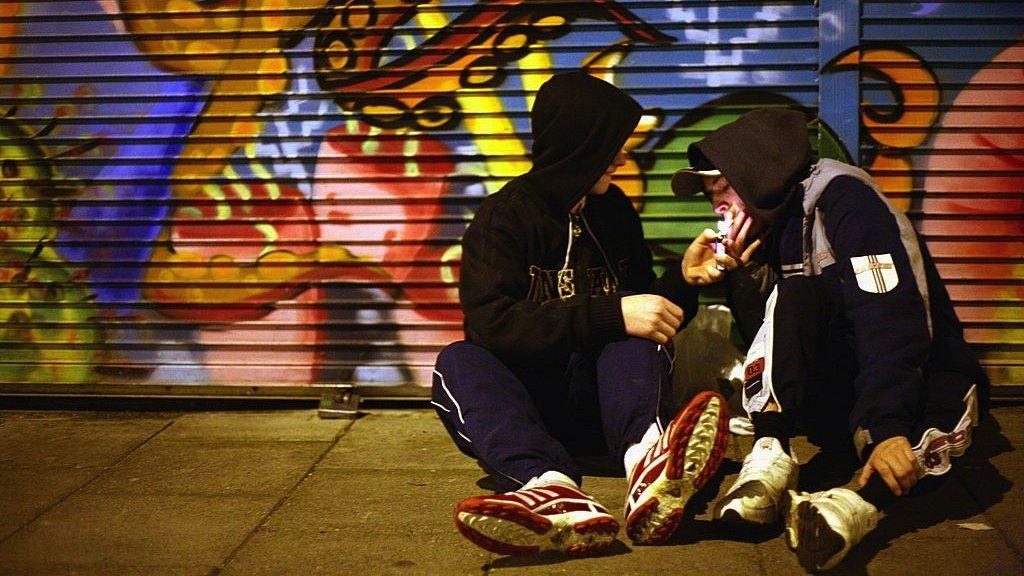Youth service cuts create void for drugs gangs - Southend council
- Published
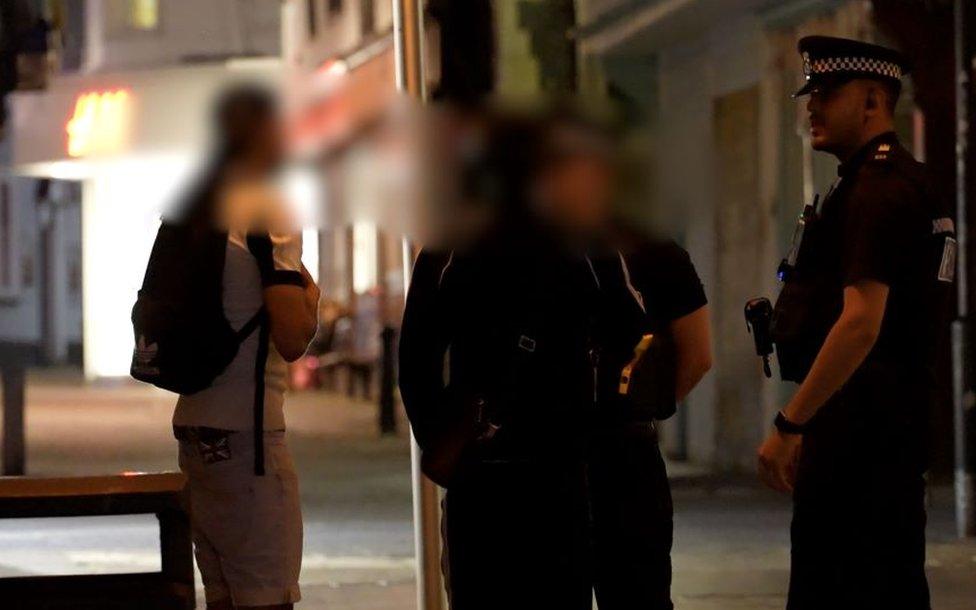
Mr Ford said he was going into schools to warn about the dangers of county lines
A community safety officer has told MPs that "county lines" drug dealers have been recruiting vulnerable children by stepping into the void left by cuts to local agencies.
Simon Ford, from Southend Council, told a Commons committee that budget cuts since 2010 have had "a significant impact" on services for young people.
He said dealers were "catching them when they fall off the cliff".
The government has said it is spending more on tackling drug crime.
Addressing the Education Select Committee, external, Mr Ford said vulnerable youngsters were being recruited by organised criminal gangs to transport and deal drugs in the Essex seaside town.
"What's replacing them [local agencies] in those places where those groups have reduced is the county lines network," he told MPs.
"It's catching them [vulnerable children] when they fall off the cliff, instead of the local community or the youth offending team or a youth focus group "It's the county lines network that's picking them up and becoming their protective network or their family."
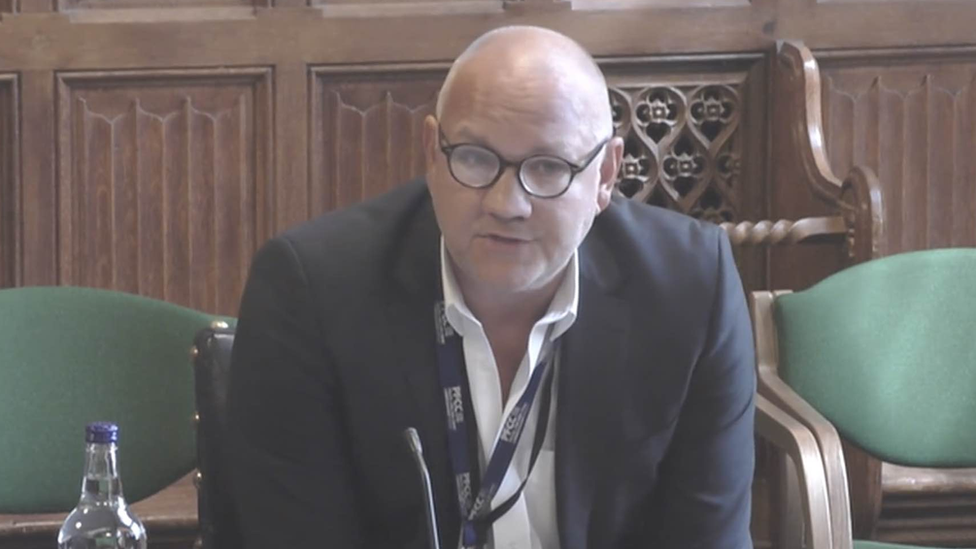
Simon Ford, from Southend-on-Sea City Council, said the county lines network was becoming a family for some children
Mr Ford said the scale of the problem appeared to be increasing. In 2017, some 15 under-16s were arrested for county lines activity in the Southend district, and that had risen to 56 four years later.He accepted that resources were finite, but said there needed to be more joined up working between the police and agencies who help vulnerable people, as well as better targeting of the people who run the county lines drug networks. He also said the present requirement for schools to wait for 10 days before reporting long-term absences was too long.
The committee was told that anything between 4,000 and 12,000 young people could be involved in county Iines gangs across the country. Charities who work with children told MPs that struggling families were not getting support early enough, while money problems and domestic violence were forcing children, sometimes still in primary school, to get involved in drug dealing. Junior Smart, from the St Giles Trust, external, which works across England and Wales with socially disadvantaged families, told MPs: "Often I hear from young people 'I know what the consequences are, but, if I'm doing what I'm doing, mum doesn't have to worry where the rent's going to come from; mum doesn't have to cry; there'll be less arguments in the house because there'll be more food on the table; I can provide'."
New strategies
Mr Ford said Southend-on-Sea City Council was going into schools to warn about the dangers of county lines and ran a campaign called See The Signs which encouraged parents with concerns to get in touch. He said the city was working hard to try to combat the problem, but he wondered if every authority was able to do the same.
At the end of 2021, the government published its 10-year drug strategy, external.
As well as putting more money into tackling county lines, it also announced £500m over the next three years to support young and troubled families with the aim of ensuring early interventions for those at greatest risk.
And it promised that different agencies, including treatment staff, family workers and teachers, would join forces "in a way that has never been done before".
A spokesman said: "County lines gangs use violence and intimidation to force young and vulnerable people to do their dirty work - but there is a way our for victims and a brighter future.
"Our County Lines Programme has resulted in over 3,500 county lines closed,10,000 people arrested and 5,700 people referred for safeguarding.
"We are also investing £5m to support victims of exploitation and their families."
Government MPs are confident that this strategy will deliver real changes.

Follow East of England news on Facebook, external, Instagram, external and Twitter, external. Got a story? Email eastofenglandnews@bbc.co.uk, external or WhatsApp 0800 169 1830
- Published16 January 2023
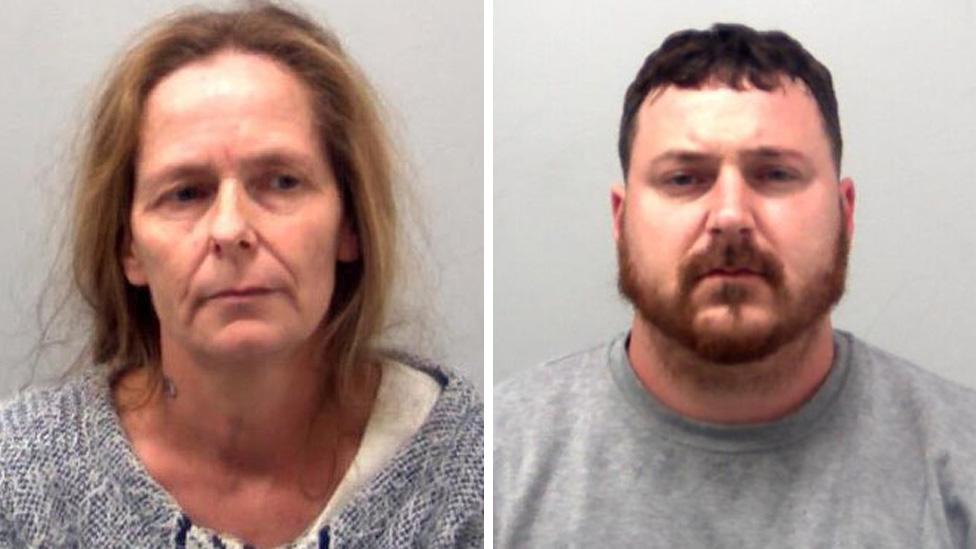
- Published2 December 2022

- Published16 August 2022
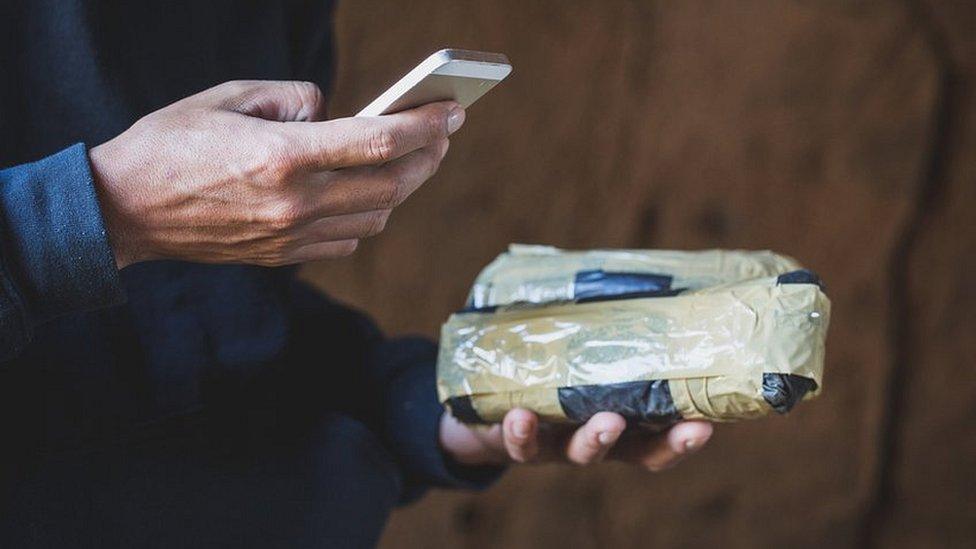
- Published20 June 2022
